Tai Sui太岁 is moving into a new year and everyone’s Ba Zi 八字 chart and energy is changing. Which zodiac ‘offends’ the Grand Duke of the year (Fan Tai Sui) , and what Ba Zi
Read more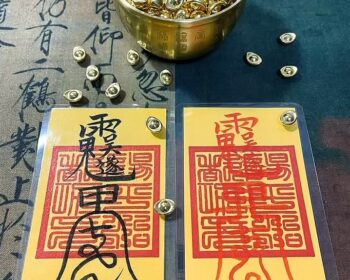

Tai Sui太岁 is moving into a new year and everyone’s Ba Zi 八字 chart and energy is changing. Which zodiac ‘offends’ the Grand Duke of the year (Fan Tai Sui) , and what Ba Zi
Read more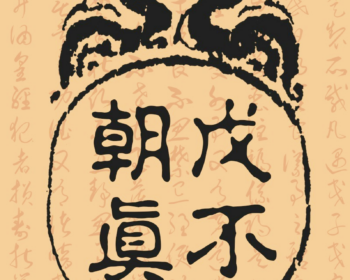
Wǔ Rì (戊日) is a Taoist term also known as “Wǔ Bù Cháo Zhēn 戊不朝真,” one of the many prohibitions within Taoist practice. This is referred to as “Avoiding Wǔ (避戊).” Many believers are aware
Read more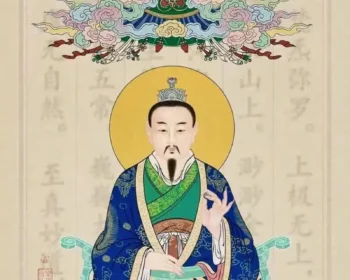
The Winter Solstice marks the holy birthday of Yuánshǐ Tiānzūn (元始天尊), the highest deity in Taoism and one of the Three Purities (Sānqīng, 三清).
Read more
Two years ago, we began our journey into Taoism under the guidance of our master, Liu Cheng Yong. This trip to China has been a long-held dream, even a childhood wish—to stand on the land
Read more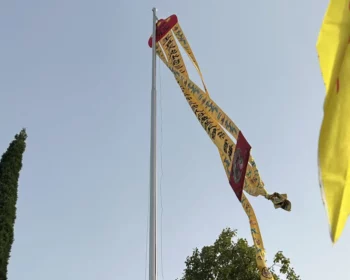
The sacred banner (宝幡, bǎofān) is a common ritual object in Daoist ceremonies, distinct from the ritual pennon (幢, chuáng). While the pennon often includes a canopy and a staff for carrying, the banner is
Read more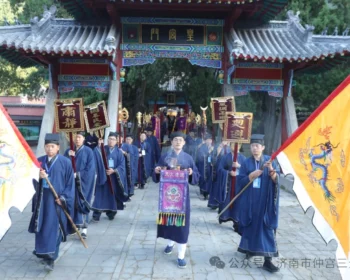
For the first time in history, a foreign Daoist Master was invited as 大师 Da Shi to transmit the Daoist precepts of the 全真派 Quan Zhen Pai at the 第二届居士传戒典礼 2nd laymen precepts ceremony in
Read more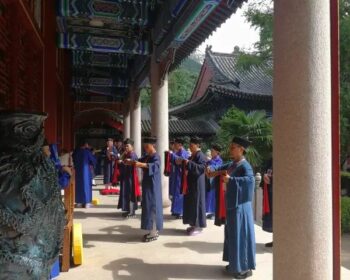
Introduction of the ordination masters The Great Taoist ordination (天仙大戒 Tian xian dàjiè) in the Quan Zhen Pai must include the participation and presiding of a Great Ordination Master (大律师, dà lǜshī), Chief Seat Master
Read more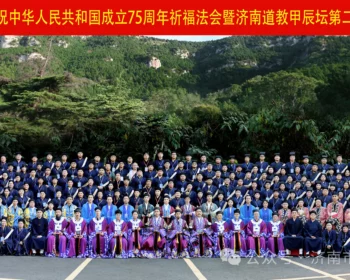
From September 28th to 29th of 2024, the Jinan Taoist Jiachen Altar Second Layperson Precept Ceremony 济南道教甲辰坛第二届居士戒典礼 was successfully held at the 洞真观 Dongzhen Temple on Wufeng Mountain in Changqing, under the guidance of the
Read more
Three immeasurables “三无量 San Wu Liang” are the “blessings” that the disciples of a Master or Dao sect greet with each other, rather than “immeasurable gods 无量天尊” and “blessings are immeasurable 福生无量”.
Read more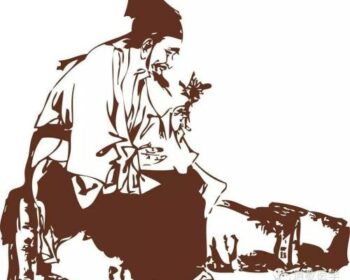
The historical source material spans more than three millennia. This period of time can be roughly divided into three social epochs:
Read more